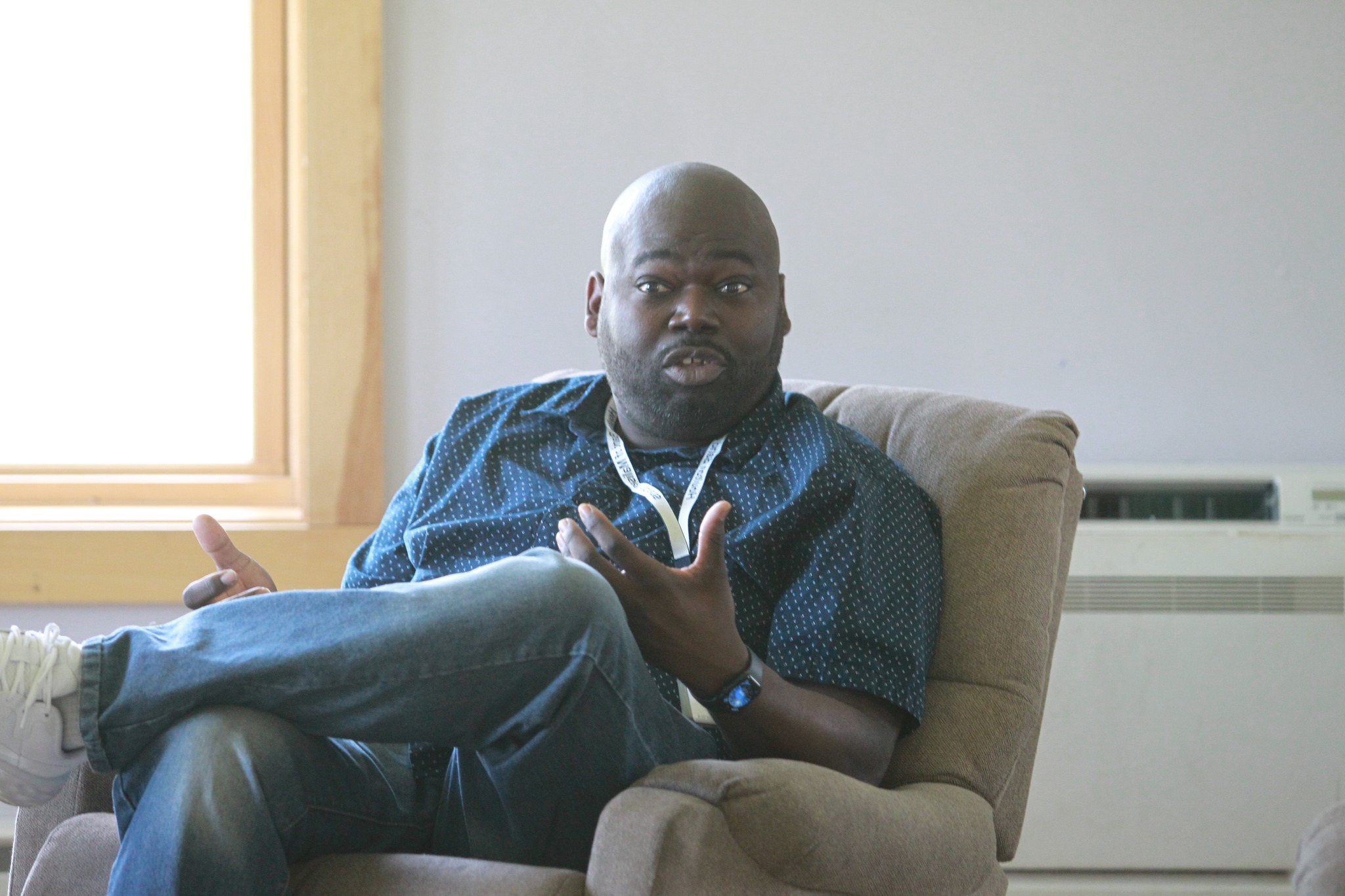
HOULTON, Maine – A $1.2 million state grant will help fund a digitally equipped space for teens at the Houlton Band of Maliseet Indians Boys and Girls Club in Houlton.
One of 12 organizations to receive a Maine Connectivity Authority Connectivity Hub grant on Monday, the Boys and Girls Club’s renovation initiative expands the existing 3,278 square foot facility to include a space tailored to teen needs, said Jon Solomon, chief executive officer of Boys and Girls Clubs of Border Towns.
Solomon oversees the Boys and Girls Clubs of Mi’kmaq in Presque Isle, Maliseet in Houlton and Passamaquoddy in Pleasant Point. The grant is for Houlton.
“We are very excited that we were honored to receive the grant. This is going to go a long way in helping provide a safe environment for our underserved youth in the area, especially our teen population,” Solomon said Tuesday.
Connectivity Hub investments are part of an overall Maine Connectivity Authority goal to advance digital equity throughout the state. The authority got started in 2021 and is charged with achieving the universal access of affordable high-speed broadband in Maine.
The grant funding was awarded to projects from community organizations such as libraries, community centers, affordable housing developments and municipal and tribal buildings affected by a lack of access to high-speed internet. Some of the organizations include Caribou Public Library, $1,847,528; Mano en Mano, Milbridge, $1,784,497; Passamaquoddy Tribe at Motahkomikuk, $545,612; and St. George Municipal School Unit, Tenants Harbor, $684,715.
Solomon explained that the Maliseet Boys and Girls Club currently does not have a lot of teens coming to the center for activities and educational opportunities because there are so many younger children at the club and they don’t feel like they have their own space.
“We are hoping this will attract more teens to the club,” he said.
The new 1,630 square foot space, slated to be constructed starting in spring 2025, establishes a specialized area tailored to teen needs and it will provide academic, emotional and physical support in a safe community environment, Solomon said.
The facility will also offer high-speed fiber internet, on-site device access, digital skills classes and internet safety education, he added.
After talking with staff, adults in the community and businesses, Solomon said they found that many of the young people do not know how to interview for jobs and some don’t know how to fill out employment applications.
Educational programs aimed at getting teens ready for the workforce as well as other planned teen learning opportunities like internet safety and etiquette will help them after high school graduation, Solomon said.
They expect to receive the funding in September and begin construction in the Spring of 2025 with completion in the following year, Spring 2026.







